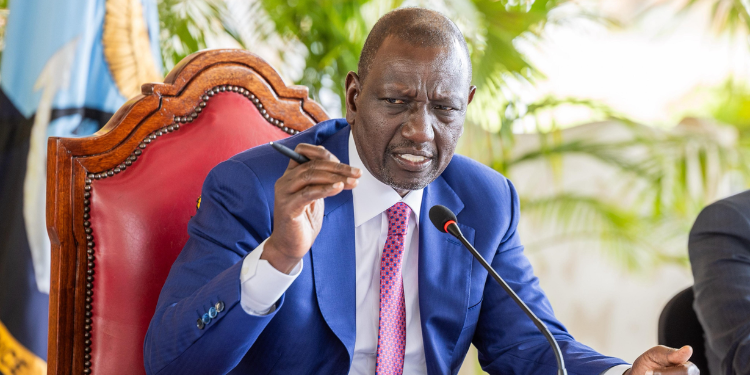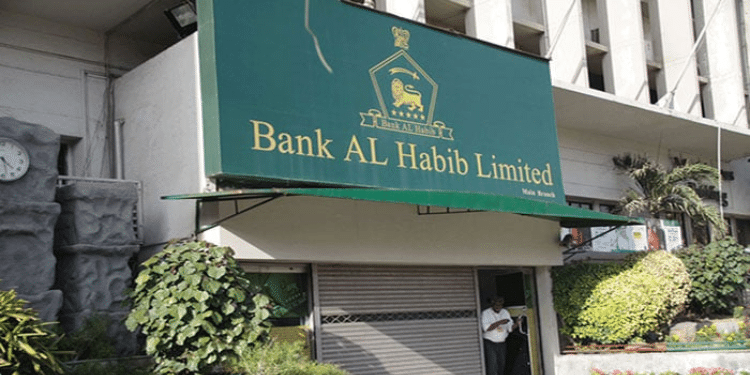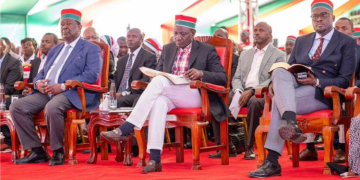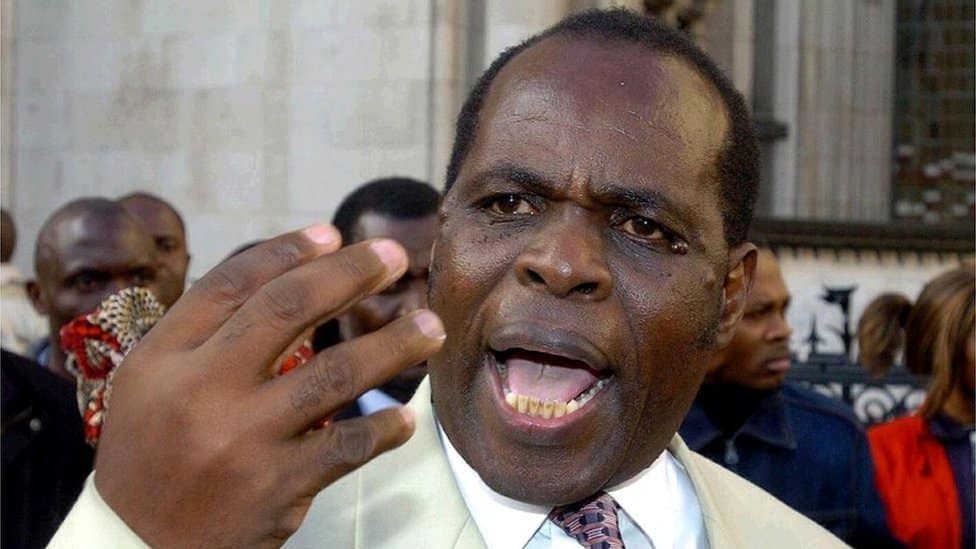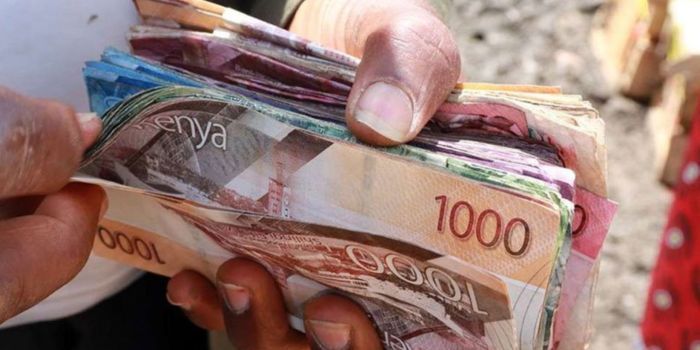Public Service Cabinet Secretary Moses Kuria has said the strengthening dollar against the shilling is not something to be frowned upon completely.
According to Kuria, coffee farmers, unlike other affected sectors, are at an advantage because they are able to receive direct payment in dollars.
Kuria, in the statement, explained that the government had introduced the Direct Settlement System (DSS), which is set to make the payment of farmers with dollars easier.
“Dear coffee farmers while importers cry about the strengthening dollar against the Shilling, you are supposed to be celebrating,” Kuria noted.
“The Government has introduced the Direct Settlement System (DSS) to pay farmers directly not through brokers or Cooperatives,” stated Kuria.

Also Read: Dollar Hoarders Gain Big Despite Warnings
Warning on Brokers Converting Currency
At the same time, the CS warned the farmers against involving brokers and other intermediaries when receiving payments.
According to him, they could easily go to the bank and open an account which they could use for their transactions.
“Please do not trust anyone to convert your dollars or Euros. Rush to your bank today and open your dollar or euro account and negotiate for yourself the best rate,” he added.
Shilling Strengthens Against the Dollar
On Thursday, February 1, the Kenyan shilling gained 1.8% against the currency marking its fifth consecutive day of growth, a historic high since 2021.
The appreciation of the local currency was attributed to the increase in tourism.
Also Read: Kenyan Banks Ration Dollars Amid Shortage and Rising Demand
Also, the government indicated that Kenyans in the diaspora had also contributed to the boost as they had increased their remittance.
The shilling dropped to an all-time low in January 2024, crossing the 160 mark.
The Central Bank of Kenya (CBK) indicated that the usable foreign exchange reserves remained adequate at USD7.017 million.
In October 2023, the CBK Governor Kamau Thugge told the National Assembly Finance Committee that the local unit was overvalued.
Thugge claimed that the exchange rate was misaligned with foreign deposits as a result of the shilling’s overvaluation, causing the shilling to fall.








